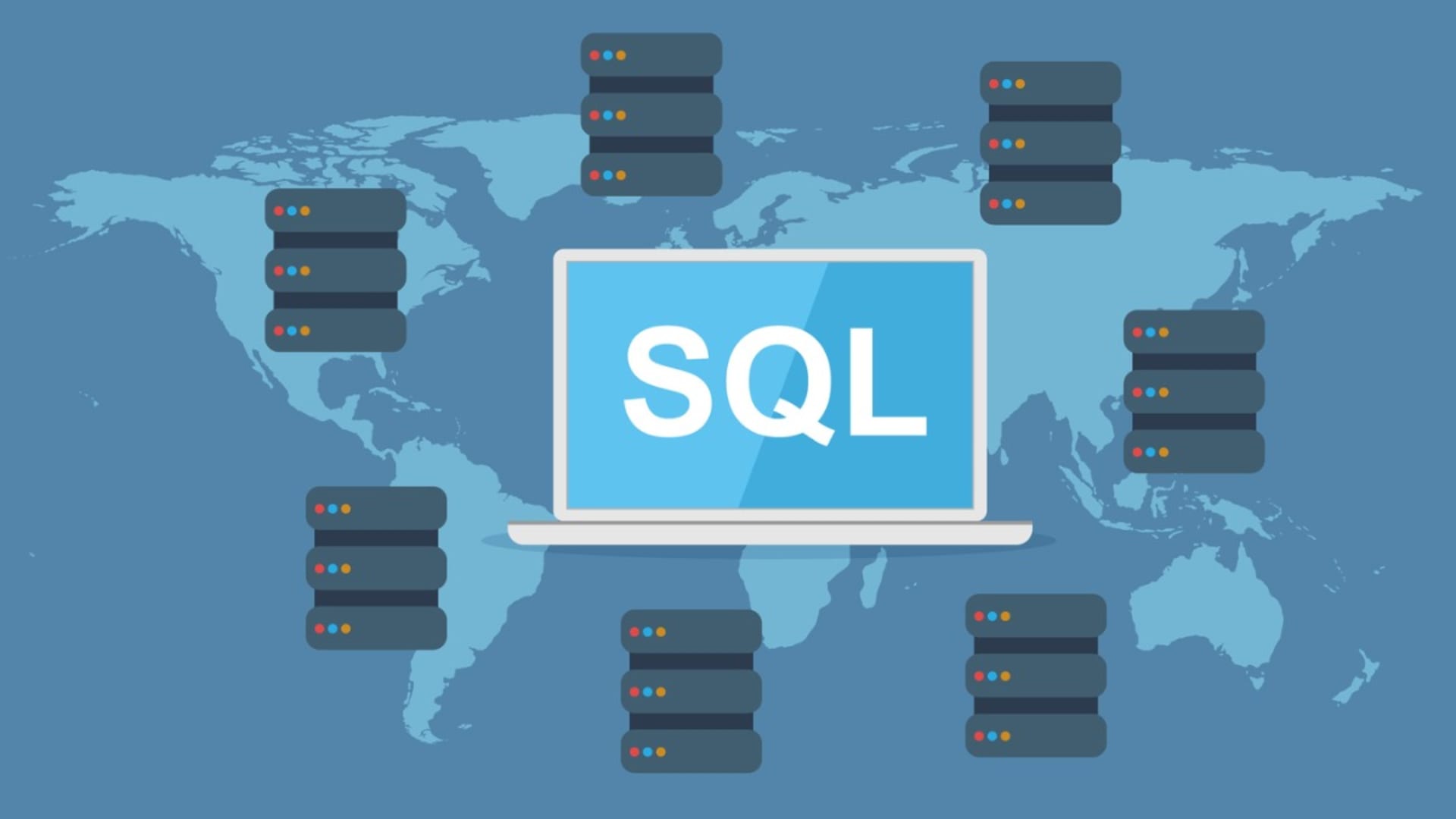Databases are the heart of your businesses. After all, without databases, you wouldn’t have data. And without data, your business would struggle to remain competitive in a world that is constantly growing more and more so.
Databases come in all shapes and sizes. And although NoSQL databases have become the de-facto standard for enterprise businesses that depend on very large amounts of data, the relational database is still a crucial component. Even when there are plenty of GUI tools available to manage the various relational databases (such as phpMyAdmin), the single best method of working with those databases is the command-line Structured Query Language (SQL).
When most database admins think of relational databases, they think of either SQL Server or MySQL. MySQL is an open-source database, owned by Oracle, whereas SQL Server is a product developed and distributed by Microsoft.
SQL Server is a complete relational database management system that includes numerous editions, each of which targets specific audiences and/or workloads, ranging from single applications to web-based applications with numerous concurrent users.
As you might expect, SQL Server uses the Sequel Query Language (SQL).
Hiring Guide
One thing to keep in mind about database administration is that this job can’t exist in a silo. At one point in time that might have been the case, but because so many types of applications now depend on databases, it has become imperative that DB admins can collaborate with developers and designers. And, in some cases, developers must also be familiar with many of the available databases as well as SQL queries, otherwise, they wouldn’t be able to integrate their apps with databases.
Because of this, your company will probably have to rethink how to search for and hire database administrators. This is especially so if you’re looking to expand your business with web or mobile applications that depend on databases to function. For that, you’ll want to hire developers who are not only solid with their programming language of choice (be it Java, JavaScript, .NET, PHP, Python, Ruby, or C++) but also those who have a solid grasp of SQL and SQL Server.
And considering SQL Server is one of the most popular relational databases and SQLite (the most popular mobile app database) both depend on SQL, it’s in your best interest to hire developers who have a fundamental understanding of the language. When you hire a database engineer who has a solid grasp of SQL, they shouldn’t have any problems working with SQL Server.
The good news is that most engineers usually have a solid understanding of SQL. And you shouldn’t have to worry about finding a software engineer who has a DB admin-level understanding of SQL Server. For that, you’ll want to also hire an actual database administrator. Both ways will have SQL Server covered quite well.
Whether those developers have a basic or an expert level knowledge of SQL Server, it is, without a doubt, a tool your company must invest in. But if you do hire a developer with only a cursory knowledge of SQL, you’ll need to make sure they hone those skills quickly, otherwise, they’ll struggle with SQL Server. Considering how so many applications are dependent on databases, there’s no way around the requirement.
What is SQL?
SQL (pronounced “sequel”) was developed by Donald D. Chamberlain and Raymond F. Boyce at IBM. The initial release was in 1986 and, since then, the language became the standard for relational database management. SQL can work with databases such as:
- MySQL
- MariaDB
- Oracle
- Sybase
- Microsoft SQL Server
- Access
- Ingress
- PostgreSQL
SQL is so prevalent, you’d be hard-pressed to successfully manage a corporate database without it. But SQL isn’t a language that is easily picked up by the average user. In fact, many consider SQL to be a very specialized language, which is why the database administrator is a very specific job. In order to become a successful DB admin, you must learn the SQL query language.
Interview Questions
What does DBMS Stand For?
DBMS stands for Database Management System.
What is SQL?
SQL stands for Structured Query Language and is the tool used for querying and managing relational databases.
What are tables and fields?
A table is an organized collection of data, formed by rows and columns. Fields are the columns in a table.
What are the 7 Constraints in SQL?
- NOT NULL
- CHECK
- DEFAULT
- UNIQUE
- INDEX
- PRIMARY KEY
- FOREIGN KEY
What is a primary key?
The primary key identifies each row in a table and must contain UNIQUE values and have an implicit NOT NULL constraint.
What is the UNIQUE Constraint?
The UNIQUE constraint ensures that all values in a column are different.
What is a FOREIGN Key?
A FOREIGN KEY is either a single field or a collection of fields that refer to the PRIMARY KEY in another table.
What is a Join?
A join is used to combine records from 2 or more tables in a SQL database based on a related column between the two tables.
What is an Index?
An index is a data structure that provides for quick lookups of data in table columns.
What is Data Integrity?
Data integrity is the assurance of accuracy and consistency of data over the entire lifecycle of a database.
Job Description
We are looking for a developer familiar with the SQL query language to analyze, design, and support applications that require database integration. Your job will include developing SQL databases and writing applications that interface with those databases.
The ideal candidate will be fluent in both the basic and more complex queries available with SQL. You might be required to work with a number of databases, so a solid understanding of those platforms will be helpful.
Responsibilities
- Develop high-quality database solutions to be used for web, mobile, and desktop applications.
- Build, implement, and optimize stored procedures and functions using T-SQL.
- Review and interpret ongoing business report requirements.
- Research required data.
- Build appropriate and useful reporting deliverables.
- Analyze existing SQL queries for performance improvements.
- Suggest new queries.
- Develop procedures and scripts for data migration.
- Provide timely scheduled management reporting.
- Investigate exceptions with regard to asset movements.
- Integrate user-facing elements developed by front-end developers with server-side logic.
- Write reusable, testable, and efficient code.
- Design and implement low-latency, high-availability, and performant applications.
- Implement security and data protection.
- Integrate data storage solutions.
Skills and Qualifications
- Degree in Computer Science or related field.
- At least 5 years experience with SQL and database administration.
- At least 5 years experience with SQL Server.
- Excellent skills with the languages you were hired to develop with.
- Understanding of the principles behind scalable applications.
- Fundamental understanding of version control systems (such as Git).
- Solid problem-solving skills.
- Excellent written and verbal communication.
- Good organizational skills.
- Ability to work as part of a team.
- Attention to detail.
- Understanding the nature of asynchronous programming and its quirks and workarounds
- A positive attitude.
Conclusion
If your business has any plans on rolling out either web or mobile applications, you’ll need developers who understand SQL Server and probably a DB admin to serve as the staff expert. Without data, the software you depend on will lack modern functionality. Because of this, SQL Server should be considered a necessity.







